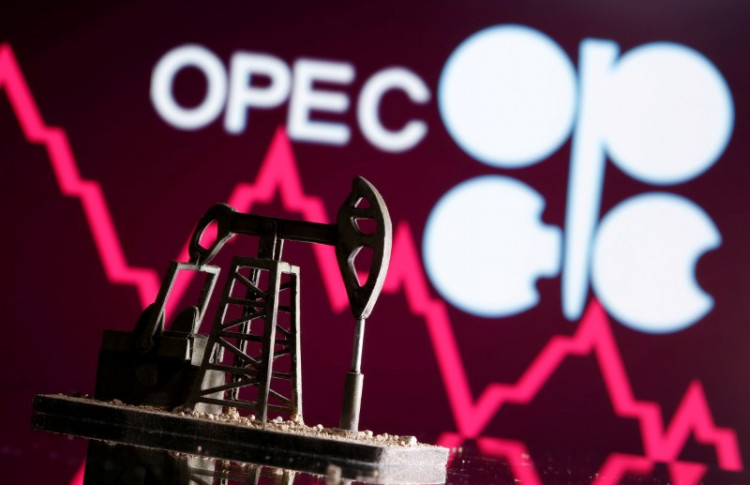In a heated rebuttal to the International Energy Agency's (IEA) recent report, OPEC Secretary General Haitham Al Ghais dismissed predictions that global oil demand will peak before 2030 as not only unrealistic but also dangerous. Al Ghais' remarks come in response to the IEA's forecast that rising production and a slowing growth in oil demand will lead to a major surplus in oil supply by the end of the decade.
Al Ghais, in a column for the EA Forum, denounced the IEA's assertions as potentially harmful to global energy stability. "This narrative was repeated only yesterday when the IEA published its Oil 2024 report in which it once again stated that oil demand would peak before 2030," he wrote. "It is a dangerous commentary, especially for consumers, and will only lead to energy volatility on a potentially unprecedented scale."
The IEA's report, published on Wednesday, projected that global oil demand growth will decelerate in the coming years, with a peak anticipated in 2029. It also suggested that an increasing reliance on clean energy technologies and the rise of electric vehicle (EV) sales would significantly curb oil consumption. This stands in contrast to Al Ghais' view, who emphasized the continued necessity of oil for global energy needs, particularly for billions who still lack reliable energy access.
Al Ghais pointed out that past predictions of peak oil demand by the IEA have failed to materialize. "The IEA suggested that gasoline demand had peaked in 2019, but gasoline consumption hit record levels in 2023 and indeed continues to rise this year," he noted. He stressed the importance of balancing emissions reductions with the need for "ample, reliable, and affordable supplies of energy."
In a broader context, the IEA's report forecasts a global oil supply glut of approximately 8 million barrels per day by 2030, driven primarily by increased production from the United States and other countries in the Americas. This surplus could undermine OPEC+'s efforts to manage the market through production cuts aimed at stabilizing prices.
The IEA's executive director, Fatih Birol, highlighted this potential disruption, stating that such a surplus could lead to one of the highest oil supply overhangs in history. This situation could challenge OPEC+'s strategy to support prices, potentially resulting in a lower-price environment.
OPEC+ has been actively managing oil output for the past two years, implementing cuts amounting to about 5.7% of global crude supply to prevent oversupply and protect the economies of its member states. Despite these efforts, oil prices have trended downward recently, with Brent crude and West Texas Intermediate crude both experiencing significant declines since their peaks in early April.
The IEA's forecast of a slowing growth in global oil demand over the rest of the decade, culminating in a peak by 2029, is largely attributed to the accelerating adoption of clean energy technologies. This includes the rapid increase in EV sales, which is expected to play a crucial role in reducing oil consumption.
Al Ghais criticized the IEA's scenario as overly pessimistic and disconnected from the current trends in global energy consumption. "This is an unrealistic scenario, one that would negatively impact economies across the world," he asserted. He also accused the IEA of perpetuating an "anti-oil narrative" that fails to account for the ongoing demand for oil.






